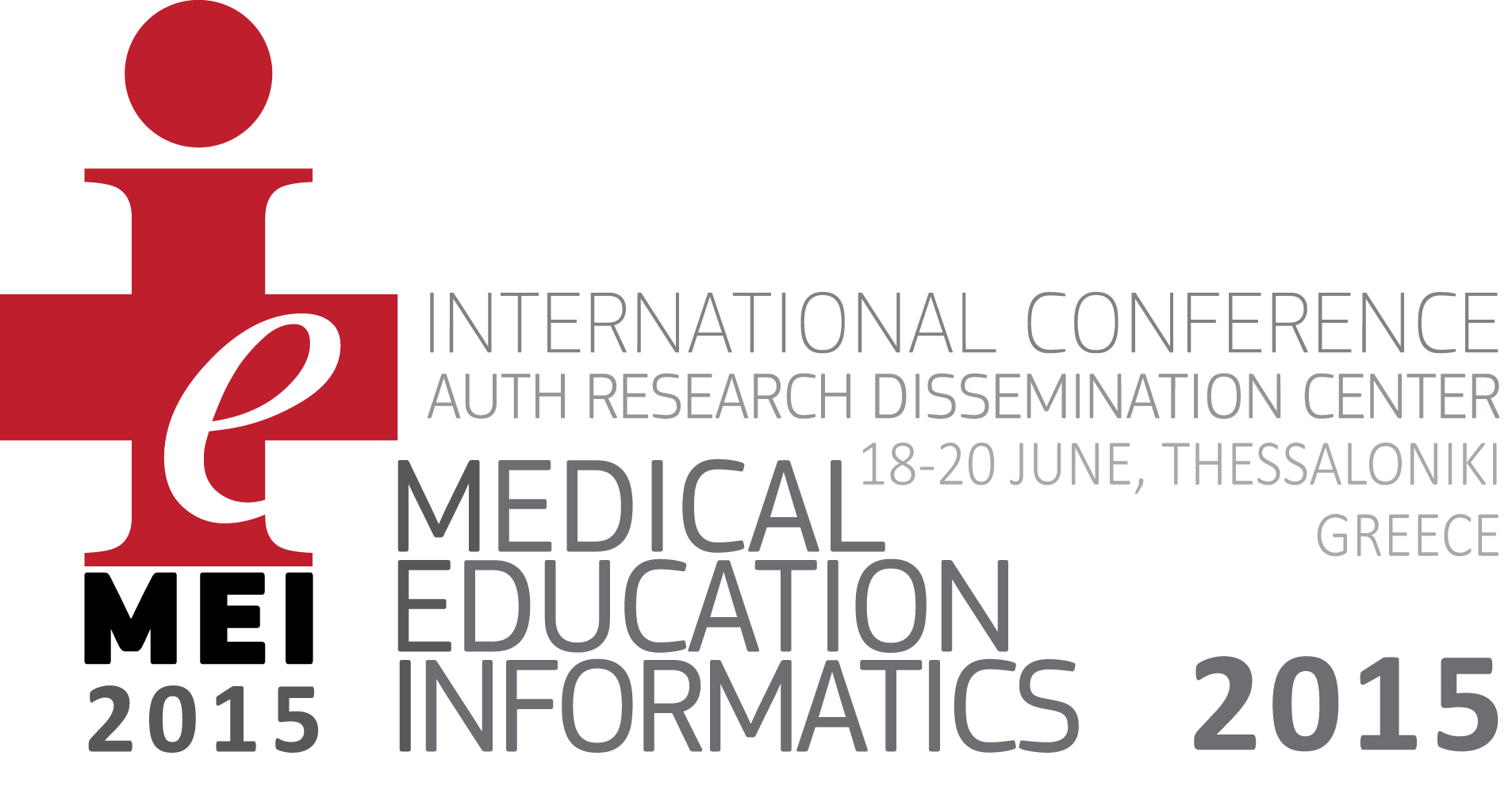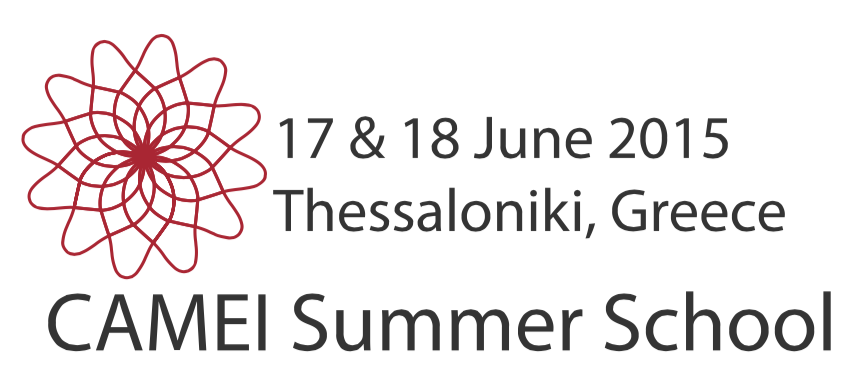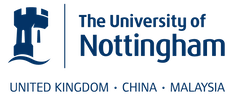You are here
Home › Medical/Health Education Informatics: from birth to grow; an account of achievementsMedical/Health Education Informatics: from birth to grow; an account of achievements
Abstract:
Medical Education Informatics brings together researchers in the multi-disciplinary areas of Medical/Health Education, pedagogy, Open Education educational technology and technology enhanced learning, Medicine2.0 and the semantic web. The homonymous conference aims to provide a forum for the presentation and discussion of the research activities of its actors, namely, academics, medical teachers, health professionals, clinicians, psychologists, web scientists, engineers, computer scientists and managers all involved in medical/health education "as it is" or enhanced by ICT innovations. The main concept started back in 2012, with the 1st International Conference on Medical Education Informatics (MEI2012, www.mei2012.org), inspired by developments and collaborations ignited during the mEducator (www.meducator.net) project. Key papers from MEI2012 appeared in a special issue in the Journal of Medical Internet Research (http://www.jmir.org/themes/108).
MEI as a domain started being shaped first in two International Workshops on "Multi-type Content Repurposing and Sharing in Medical Education" organised in Larnaca, CY (2009), and Plovdiv , BG (2010), as well as, many other clustering and dissemination events which have taken place since 2009, in the framework of the mEducator project. MEI2012 conference created the space for discussion and debate about the evolution of learning technologies and the web and its integration and role within modern medical education.
This year, the 2nd International conference (MEI2015) is organised within the framework of the CAMEI Project (http://www.camei-project.eu/). The latter coordinates research activities and policies towards the development of renewed educational material and programs, as well as, new trends for acquiring new knowledge by the healthcare workforce in EU and USA in an effort to foster trans-national access to research infrastructures from both EU and USA partners and establish a network of best practices in Medical Education Informatics. However, this year, MEI2015 is supported by other funded projects, namely, ePBLnet (http://www.epblnet.eu/) [funded by the TEMPUS programme]; Millennium Hospital (http://www.mhel-project.eu/) [funded by ]; WHAAM (http://www.whaamproject.eu/) [funded by the Lifelong Learning Programme of the European Commision; Key Activity 3 Multilateral Projects]; and STHENOS (http://www.sthenos.gr) [funded by the Greek Ministry of Education and Religious Affairs, Culture and Sports (ref. number 2012ΣΕ24580284]. The not-for-profit organisation, Open Knowledge Foundation and mainly the Greek Chapter activities (http://okfn.gr/) have contributed much with further dissemination and development of semantic and open technologies in view of their application in health/medical education.
Classically speaking the MEI domain borrows much content from the Educational Technology area and the computer science as well as medical/health education fields, not to mention the very close health/medical informatics domain. Contemporary activities, however, are fueled by the admitting the quite philosophical truth that "our abilities to measure what we do and how we think are poor". As a result, one of the recent activities showing great promise well within the MEI domain, is exploring various approaches in assessment and activity metrics and analysis of big educational data, that is learning analytics. In this paper, the main cornerstones of the past 5 year achievements are revisited in the light and promise of new endeavours and the envisaged prospects, in an effort to emphasise the need for the domains existence.
Session
Friday, 19 June, 2015 - 09:45 to 11:00


















